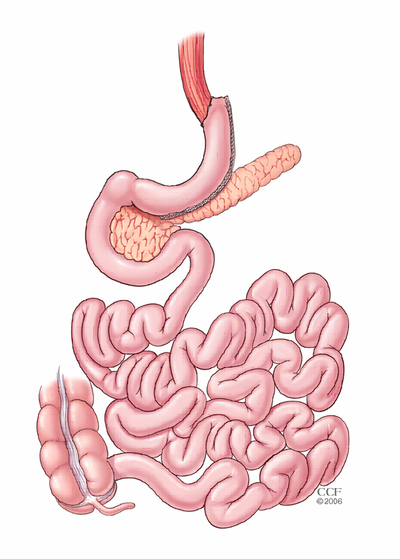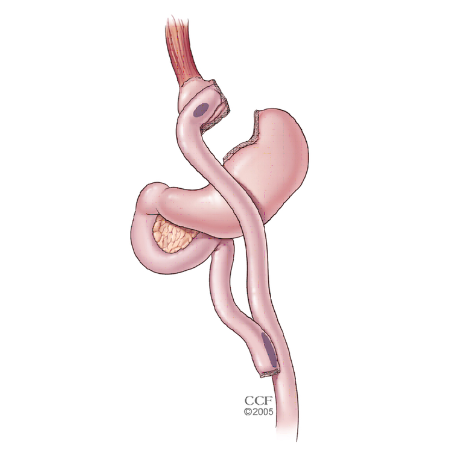
"*" indicates required fields


Obesity is a health problem both in the United States and worldwide. For individuals struggling with obesity, weight loss surgery is proven to be the most effective solution.
In fact, a 2025 study presented at the American Society for Metabolic and Bariatric Surgery (ASMBS) found that bariatric surgery is five times more effective than popular weight-loss medications like Ozempic® and Mounjaro®, with surgical patients losing an average of 58 pounds over two years, compared to just 12 pounds for those on medication (Fox News, 2025).”
At MBA many of our patients many of our patients with obesity have tried managing their weight through diet and exercise. While some may have seen progress over time, regaining weight is a frequent challenge, and long-term success using these methods alone is often elusive. This struggle isn’t about lacking willpower or choosing the wrong diet. When a person’s body mass index (BMI) surpasses 35, their chances of maintaining a healthy weight over time drops to less than 1%. Therefore, surgery becomes an option for those with severe obesity. Unfortunately, many individuals who could benefit from surgery might not realize if it’s the best choice for them. Surgery can be indicated once your BMI is over 30.
Weight loss surgery not only helps combat obesity, but also addresses associated health conditions including:
Undergoing a weight loss surgery can significantly reduce the risk of death from cancer, diabetes-related complications, heart issues, and other diseases. MBA offers offers various surgical options to help you lose weight and improve your overall health and quality of life. Schedule an appointment with Dr. Mickey Seger to learn more about our transformative procedures and take the first step toward a healthier, happier you.
Take this quick and easy assessment to find out.

Gastric Sleeve surgery, also known as sleeve gastrectomy, is one of the most popular weight-loss procedures available today. This surgery removes a large portion of the stomach, leaving a smaller, sleeve-shaped stomach. This smaller stomach helps you feel full faster and reduces the amount of food you can eat.
Advantages — Lowest risk, shorter recovery time, no re-routing of the intestine

Gastric Bypass, also known as Roux-en-Y gastric bypass, is a well-established weight-loss surgery that involves creating a small stomach pouch and bypassing a section of the small intestine. This limits food intake and reduces calorie absorption.
Advantages — Oldest operation and proven long-term results, better for patients suffering with diabetes and acid reflux

The Duodenal Switch combines aspects of the gastric sleeve and bypass. It involves removing a portion of the stomach and rerouting the intestines to reduce the amount of calories and nutrients your body absorbs.
Advantages — Better for patients with diabetes, most weight loss, hybrid operation combining aspects of the Sleeve and Bypass
A BMI calculator assesses body fat using weight and height to determine underweight, normal, or obesity.

"*" indicates required fields

"*" indicates required fields

"*" indicates required fields